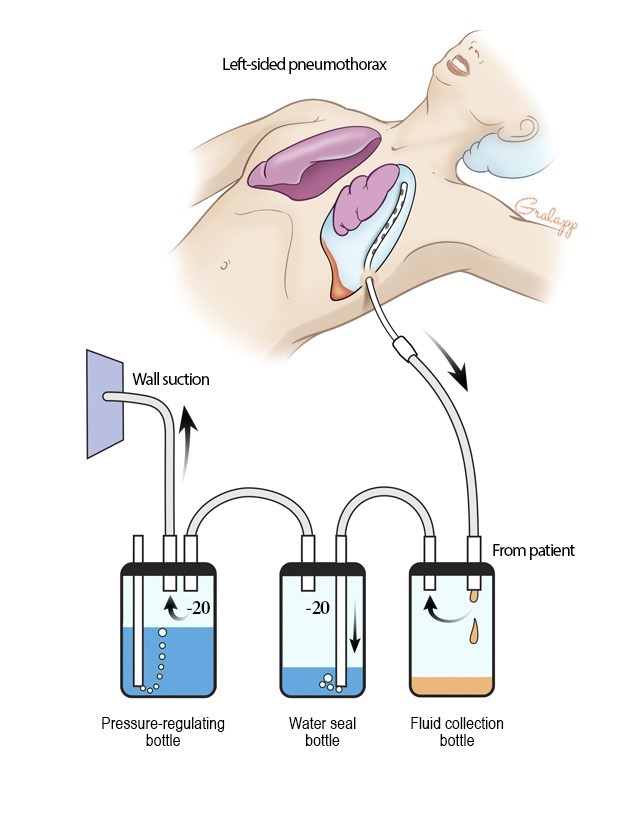A nurse is receiving a telephone prescription from a client's provider. Which of the following actions should the nurse take? (Select all that apply.)
Ask the provider to spell out the name of the medication.
Request that the provider confirm the read-back of the prescription.
Withhold the medication until the provider signs the prescription.
Record the date and time of the telephone prescription.
Instruct another nurse to record the prescription in the medical record
Correct Answer : A,B,D
The nurse should take the following actions when receiving a telephone prescription from a client's provider:
- Ask the provider to spell out the name of the medication: This is important to ensure accurate transcription of the medication name. Spelling out the name helps prevent errors due to similar-sounding medications or confusion with abbreviations.
- Request that the provider confirm the read-back of the prescription: This step ensures that the nurse and the provider are on the same page and that the prescription has been accurately transcribed. It allows for verification and correction if any discrepancies are identified.
- Record the date and time of the telephone prescription: Documenting the date and time of the telephone prescription is essential for tracking and reference purposes. It helps establish a clear timeline of events and ensures proper documentation of the medication order.
It is not necessary to withhold the medication until the provider signs the prescription, as telephone prescriptions are typically followed up with a written prescription or electronic verification.
Instructing another nurse to record the prescription in the medical record may not be necessary, as the nurse who received the telephone prescription is responsible for accurately documenting the order in the medical record. However, if necessary, the nurse can delegate the task of documentation to another qualified staff member under their supervision, ensuring accuracy and completeness.
Nursing Test Bank
Naxlex Comprehensive Predictor Exams
Related Questions
Correct Answer is A
Explanation
Ensuring the device is kept below the level of the client's chest is important to ensure that the drainage system functions properly by allowing the fluid and air to flow downhill. Placing the device below the level of the chest helps facilitate gravity drainage.

Continuous suction is required for proper functioning of the chest tube drainage system. Clamping the chest tube can disrupt the suction and impede the removal of air or fluid from the pleural space. Only in specific circumstances, such as when changing the drainage system or assessing for air leaks, may the healthcare provider request a temporary clamping of the chest tube.
Positioning the client semi-Fowler's, with the head of the bed elevated, can help promote lung expansion and improve oxygenation. The specific positioning may vary depending on the client's condition and the healthcare provider's recommendations.
The nurse should empty the collection chamber as per the facility's protocol, which typically includes monitoring the drainage and emptying it when it reaches a certain level. Regular emptying of the collection chamber helps maintain proper functioning of the chest tube system and allows for accurate measurement of drainage output.
Correct Answer is C
Explanation
Delirium is a state of acute confusion and cognitive impairment that can cause disorientation and difficulty with time perception. Reminding the client of the day and time frequently helps provide orientation and reduce confusion. It can help ground the client in reality and improve their understanding of their current circumstances.
Avoiding discussing the client's fears can hinder their ability to express and address their concerns. It is important to provide a safe and supportive environment where the client can communicate their fears and feelings.
Offering the client several choices at mealtimes might be overwhelming and confusing for someone experiencing delirium. It is generally better to provide structure and simplicity in their meal options, reducing decision-making demands.
Alternating daily caregivers can disrupt continuity of care and increase the client's confusion. Consistency in the caregiving team can help establish a therapeutic relationship and familiarity, which can aid in managing delirium.
Whether you are a student looking to ace your exams or a practicing nurse seeking to enhance your expertise , our nursing education contents will empower you with the confidence and competence to make a difference in the lives of patients and become a respected leader in the healthcare field.
Visit Naxlex, invest in your future and unlock endless possibilities with our unparalleled nursing education contents today
Report Wrong Answer on the Current Question
Do you disagree with the answer? If yes, what is your expected answer? Explain.
Kindly be descriptive with the issue you are facing.
